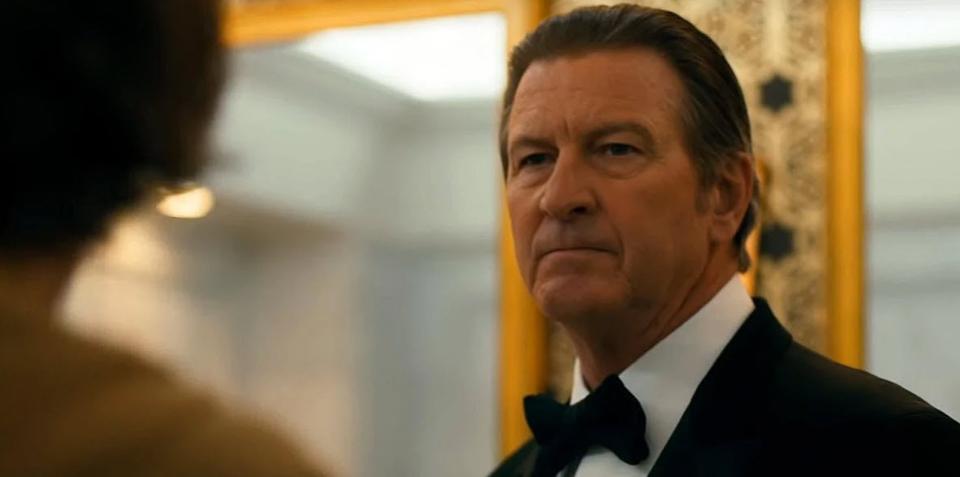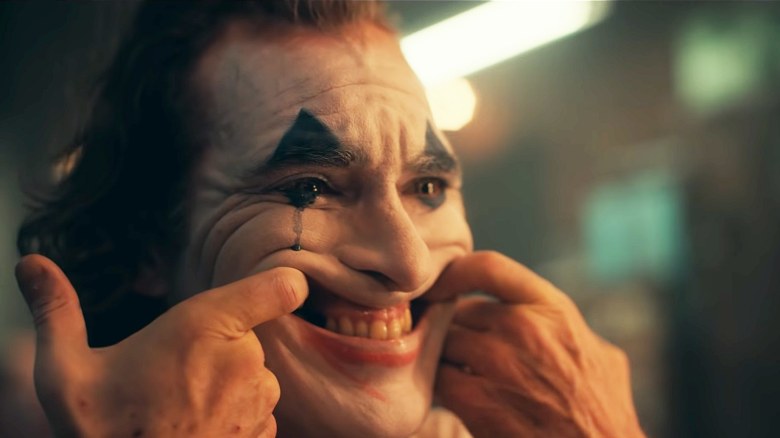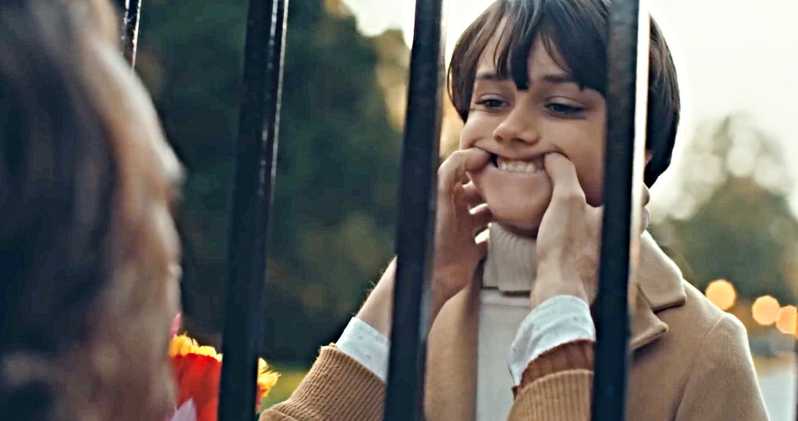Here’s a thing I’ve heard a lot of people say over the years:
“If Batman put as much money into fighting the causes of crime with humanitarian outreach as he does in beating up the mentally ill, then Gotham would be a safer place”
I think that is very interesting, if not a bit of a postmodern hot-take.
First, and least interestingly, Batman/Bruce Wayne does a lot of humanitarian work. I’d say that’s one of his defining characteristics. I love that writers do this because it is a very good way to free them to tell the stories they want to tell with a superhero fighting supervillains. I don’t find any more shame in that than I do reading superhero comics in the first place. Superhero comics can be a fascist fantasy, and that can be very problematic, but they can also be (and I’d argue primarily are) hopeful fantasies of having the power to be able to help the people around you.
Still, as I’ve said, that’s the least interesting perspective; there’s an in-fiction justification for Batman/Bruce Wayne to fight crime as well as help the downtrodden in more traditional ways, and the people that are not convinced by that likely have issues with superhero stories to begin with.
It’s more interesting to give that argument some space to breathe. Let’s say Bruce Wayne is still wasting some of his efforts beating the so-called mentally ill – and he’s actually making the problem much worse.
In the Joker movie we see a Gotham that, pre-Batman, is falling apart with stress. Those stresses seem to be financially motivated; mental health services are being cut back across the city, sanitation is failing, people are hungry and out of work and angry at being abandoned by the systems that were supposed to support them.
In comes a Wayne to “save Gotham” Thomas Wayne, Bruce’s dad, and a rich guy running for mayor in a world already tearing itself apart.

Now in fiction, a “rich guy running for office” is often shorthand for a corrupt person, but no reliable person in this movie tells us that Thomas Wayne is complicit in the downfall of Gotham. Yes, he’s rich, and yes, he is out of touch with the people already on the verge of rioting, and yes, he calls them clowns for dressing up as clowns and celebrating the murder of three agro-yuppies in the subway, but we’re never told that anyone in Gotham thinks he’s bleeding the city dry with behavior, that it if it happened in a fair universe on the federal level, would be worthy of inspection as a suspected violation of the Emoluments Clause. We don’t see Wayne Enterprises refusing to pay taxes. We don’t hear about them threatening to take away support from the city. Arthur does, for his part, hate Thomas Wayne, but his reasons are confused and personal. The rioters hate Wayne, sure, but importantly we don’t hear anyone tie that into the cinematic shorthand of him being a corrupt person. It’s a lazy reading to suggest that the movie just expects everyone to know “kill the rich” is a sentiment either obviously justified or evidence of how foolish the people are. Instead, we are giving lots of reactions of people not liking Thomas Wayne without the film ever definitely telling us if he deserves that treatment.
If anything, we see Thomas Wayne (perhaps rudely) saying he will save Gotham with infrastructure, financial support, jobs, the usual stuff a politician might promise – only backed with the clout of him being a bigshot rich guy.
I think we see Thomas Wayne being a less humble version of the Batman all those hot-takers wish to see.
Again, we don’t see a corrupt Thomas Wayne, just a frustrated one. We see him promising to spend his money to help Gotham. Sure, he could have gotten his fortune by screwing the city, or could have went on to be a corrupt mayor… but that’s not in the movie we got to see.
Instead, Gotham, as it always has, kills Thomas Wayne.
Maybe you thought he “deserved it” this time around (yikes!) but the important thing is that it happened, and with no special motivation on the part of Gotham to distrust this version of Thomas Wayne more than the suggested one of Bruce Wayne donating to make Arkham a better mental health facility.
There’s the question of whether Wayne’s killer, or any villain in Gotham, was realistically portrayed. Seeing people rioting in clown masks, willing to burn down their own city in outrage for the harms leveled against them – seemed unrealistic to me – until I remembered how people behave when their favorite sports team wins. Still, fiction serves as a mirror to our world, and as such I understand why it can be hard or unsatisfying to forgive a comic book movie for failing to show realistic motivations for why people end up doing terrible things.
With everyone I’ve spoken to about this film, Joker seems to behave as a vast Rorschach test. People read into it what the fear/expect the most. Are protesters confused masses that don’t know what’s best for them? Are those in power unwilling to do what it takes to fix the systems failing their people and thereby (eventually, inevitably) themselves? Are we as a society complicit in ignoring the cries of the mentally ill to our own collective detriment? This movie has it all; proto-incels, entitled assault-happy douche-bros, and law enforcement professionals incapable of de-escalating the situation. Oh, and as always, the fact that the mentally ill are statistically far more likely to be the subject of abuse than the source of violence. Oh wait, maybe Joker didn’t do so hot with that one?

The Joker movie has some complicated, very problematic, and also somehow some very good things to say about metal health. It’s conflicting as hell!
But the most tragic thing Joker might tell us is that sometimes, there’s nothing you can do to fix the world. No matter what kind of Batman you might be.

